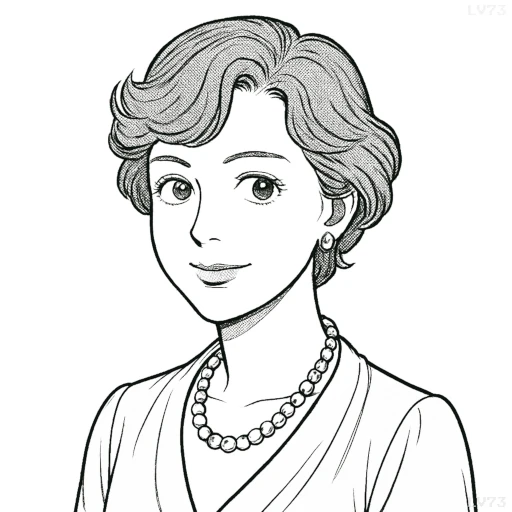“Probably the happiest period in life most frequently is in middle age, when the eager passions of youth are cooled, and the infirmities of age not yet begun; as we see that the shadows, which are at morning and evening so large, almost entirely disappear at midday.”

- October 11, 1884 – November 7, 1962
- American
- First Lady of the United States, Diplomat, Human Rights Advocate, Chair of the UN Human Rights Commission
table of contents
Quote
“Probably the happiest period in life most frequently is in middle age, when the eager passions of youth are cooled, and the infirmities of age not yet begun; as we see that the shadows, which are at morning and evening so large, almost entirely disappear at midday.”
Explanation
In this quote, Eleanor Roosevelt reflects on the emotional balance and clarity that often come with middle age, portraying it as a time of equilibrium between the intensity of youth and the decline of old age. The metaphor of shadows shrinking at midday illustrates how, at life’s midpoint, many of the extremes—emotional, physical, and psychological—soften, allowing for a steadier sense of contentment and perspective.
Roosevelt experienced a life full of both early challenges and later influence, and she came into her own during what many would consider middle age. This quote reflects a belief that maturity brings a unique happiness—one not based on novelty or nostalgia, but on understanding, acceptance, and balance. The “eager passions” of youth may bring excitement, but also turmoil; the ailments of old age may bring wisdom, but also limitation. Middle age, then, is portrayed as a kind of golden noon—a time when shadows retreat and life can be seen more clearly.
Today, this insight offers comfort in a culture often obsessed with youth or fearful of aging. Roosevelt reminds us that happiness is not confined to early dreams or late reflections, but is often strongest in the quiet confidence of the middle years, when energy meets experience and ambition meets peace.
Would you like to share your impressions or related stories about this quote in the comments section?

